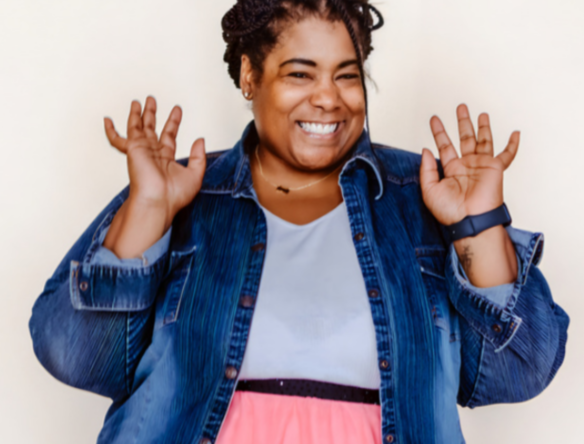Get help now
Call or Text 988
Celebrating Pride Month: Addressing Mental Health in the LGBTQ+ Community
Volunteer Blog Submission, Written by Leressa Joiner
Previously Published June 26, 2024
June is Pride Month, a time to celebrate the vibrant and diverse LGBTQ+ community. It’s a month filled with joy, visibility, and affirmation of identity. However, it’s also a crucial time to recognize and address the mental health challenges that many in the LGBTQ+ community face. As a proud mother of a daughter who identifies as gay, and as an advocate and ally, I am dedicated to raising awareness to this important issue.
The LGBTQ+ community experiences mental health issues at a higher rate than the general population. Discrimination, prejudice, and stigma in various aspects of life, from workplaces to healthcare settings, contribute significantly to these challenges. The constant stress from these negative experiences can lead to anxiety, depression, and other mental health conditions. Additionally, rejection by family, friends, or society can lead to feelings of isolation and loneliness. For many, this rejection starts early in life, impacting their self-esteem and mental health into adulthood.
Moreover, physical, verbal, and emotional abuse targeted at LGBTQ+ individuals can have lasting effects on mental health. Bullying in schools and violence in public or private spaces create a persistent sense of fear and insecurity. Unfortunately, access to mental health services that are affirming and knowledgeable about LGBTQ+ issues is often limited, preventing many from seeking the help they need.
Affirming mental health care is essential for the well-being of LGBTQ+ individuals. This includes having access to therapists and counselors who are trained to understand and support LGBTQ+ identities and experiences. Mental health providers should use inclusive language and practices, respecting each individual’s identity and pronouns. They should also be educated on the specific challenges faced by the LGBTQ+ community to offer relevant and empathetic care. Building strong support networks, both within and outside the LGBTQ+ community, can provide much-needed emotional and social support.
Raising awareness about the mental health challenges faced by the LGBTQ+ community is a crucial step. This includes educating ourselves and others about the importance of acceptance and support. Advocacy is also key—supporting policies and practices that protect and uplift LGBTQ+ individuals in all areas of life, from healthcare to education to the workplace. Providing accessible and affirming mental health resources is vital, and supporting organizations that specialize in LGBTQ+ mental health can make a significant difference. Creating safe spaces where LGBTQ+ individuals feel safe, valued, and understood is also essential. This can be as simple as ensuring that community centers, schools, and workplaces are inclusive and supportive.
As we celebrate Pride Month, let’s not forget the importance of mental health within the LGBTQ+ community. By acknowledging the unique challenges they face and actively working to support their mental health needs, we can contribute to a more inclusive and compassionate society, if you or someone you know is struggling with mental health issues, reach out. Help is available, and you are not alone.

Leressa Joiner is the Visionary, Founder and Principal Consultant at Leressa M. Coaching & Consulting (LMCC). With over 20 years experience in personal and professional development coaching,and five years experience in the Diversity, Equity and Inclusion space, it positioned her to create her own firm, Leressa M. Coaching & Consulting, which was built on talent, not titles.
Because of her educational and inspirational ability to tell it like it is, Leressa has been featured as a guest blogger for several websites, appeared on various podcasts, featured in local magazines, and appeared on KETV7, and is a highly sought after motivational speaker, sharing her insight and expertise on inclusive leadership, DEI, women’s empowerment, sustainable self-care, grief support and a myriad of related topics critical to both our local and global communities.